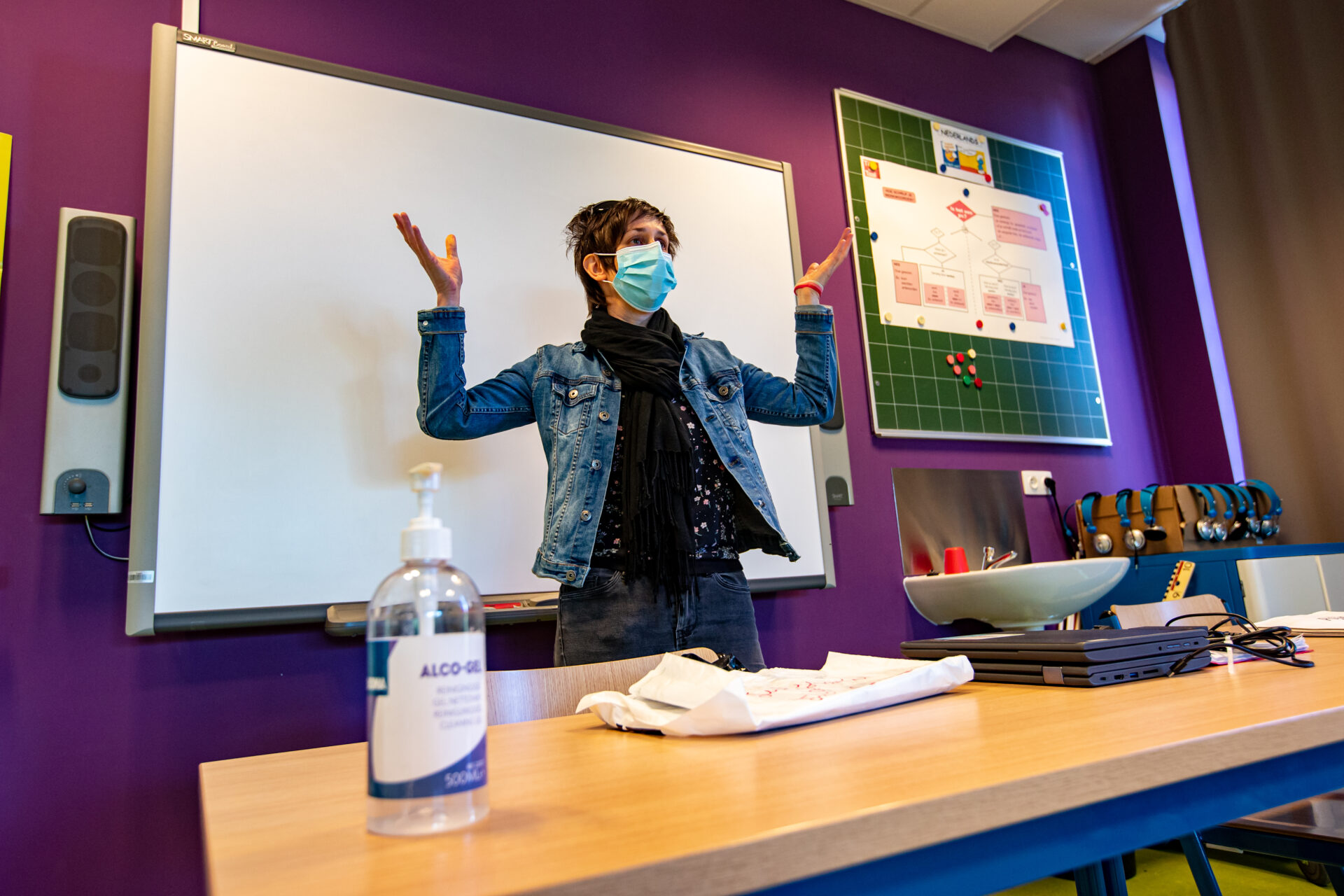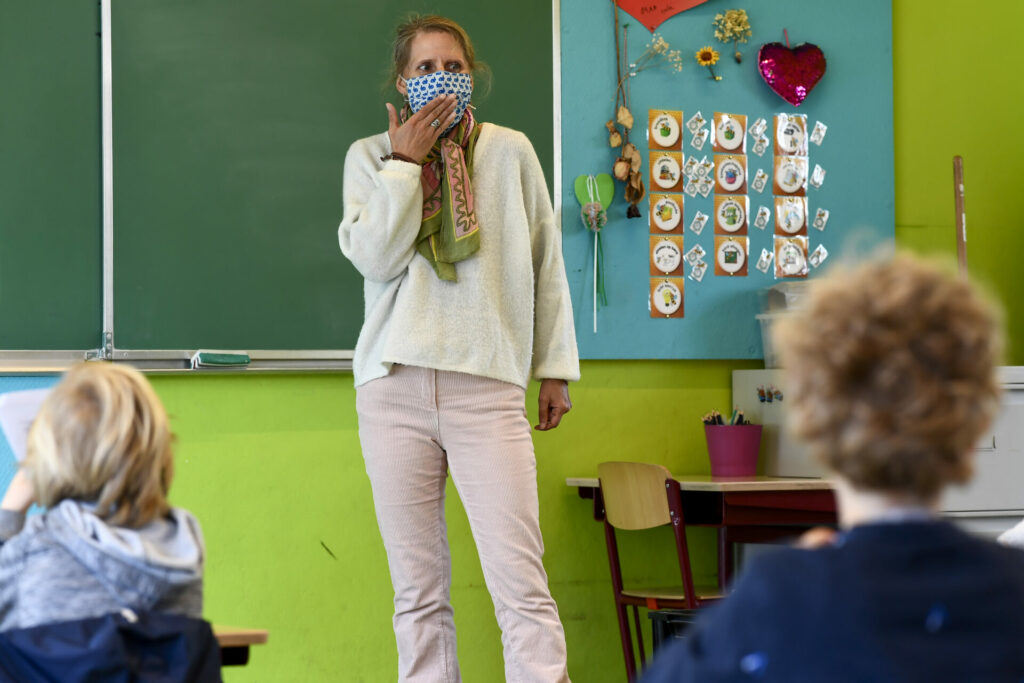The Dutch-speaking Education Minister Ben Weyts announced that he is freeing up a record budget for school buildings this term, however, amid an exodus of teachers, the question is whether there will be enough staff members to fill the classrooms.
Weyts announced he will be investing €3 billion in school buildings this term — "even more than in the previous term" — most of which will go to major works at the 214 schools spread all over Flanders and Brussels.
"When our children go back to school on 1 September, we want a quality place for all of them," he said. Hours before this announcement was made, distressing news was shared regarding the people who will be working in these buildings.
Just a few days before the start of the new school year, 31% of the primary schools are struggling, as teachers are leaving positions at the last minute, according to reports from VRT NWS. This news comes at a time when the Dutch-speaking education sector is already facing chronic staff shortages.
Unfilled vacancies
While some are citing medical reasons, most are saying they are looking to leave their position at a certain school because of the increased work pressure, which is seeing people who are passionate about their jobs leave them or the profession as a whole.
Due to a large number of vacancies in the sector — there are currently 3,000 vacancies for teachers in nursery, primary, secondary and special education — prospective teachers are in the position to weigh up schools against each other in search of a more favourable workplace.
However, a survey by the Education Association of Cities and Municipalities (OVSG) among 181 Flemish and Brussels primary schools shows that in four in ten schools, not all vacancies have been filled yet and that with less than a week to go until the new school year starts.

Credit: Belga
"We have known it for a long time: there has been a teacher shortage for years, but despite many suggestions, a concrete solution does not seem to be in sight. Not only does the problem drag on, it is also becoming more distressing and visible," said Walentina Cools, head of the OVSG.
Whereas schools were struggling to fill replacement positions a few years ago, they are now not succeeding in securing staff for full-time positions, and those who thought they had filled every vacancy ahead of the start of September are now hearing from teachers that they will not be showing up.
Brussels facing same challenges
Across the language border in Brussel, Minister Sven Gatz also announced last weekend that he is freeing up money for Dutch-speaking schools to expand in size to "meet the great demand for more capacity in Dutch-speaking education."
"The projects we support not only ensure that more children can go to Dutch-speaking schools, but also that they attend school in attractive buildings and receive high-level education that prepares them for a bright future in a multilingual and super-diverse Brussels region," he said.
Related News
- New school year highlights chronic teacher shortages
- Some French-speaking schools forced to refuse prospective students
- Flanders looks to combat teacher shortage with increased staff flexibility
However, in Brussels, the shortage of teachers was even more chronic than in the Dutch-speaking region, and it had an even bigger impact on education. At the end of the last school year, the shortage there increased by half between September and the end of the Easter holidays. Here, too, teachers are dropping out at the last minute.
Now, it remains to be seen whether the measures already announced by Weyts in recent months bear their fruits. So far, from the calls coming from principals to teacher unions and the umbrella organisation of the education sector, who repeatedly called for more solutions in the short and long term, it seems it will not be enough.

